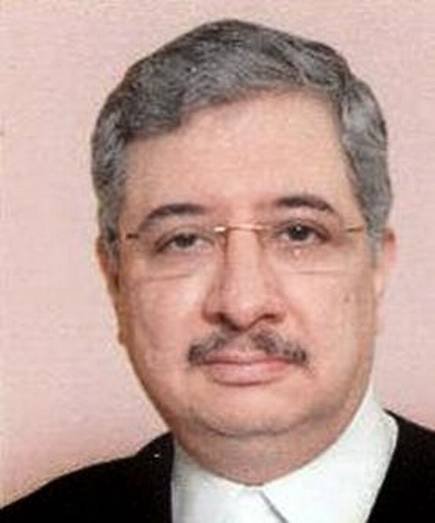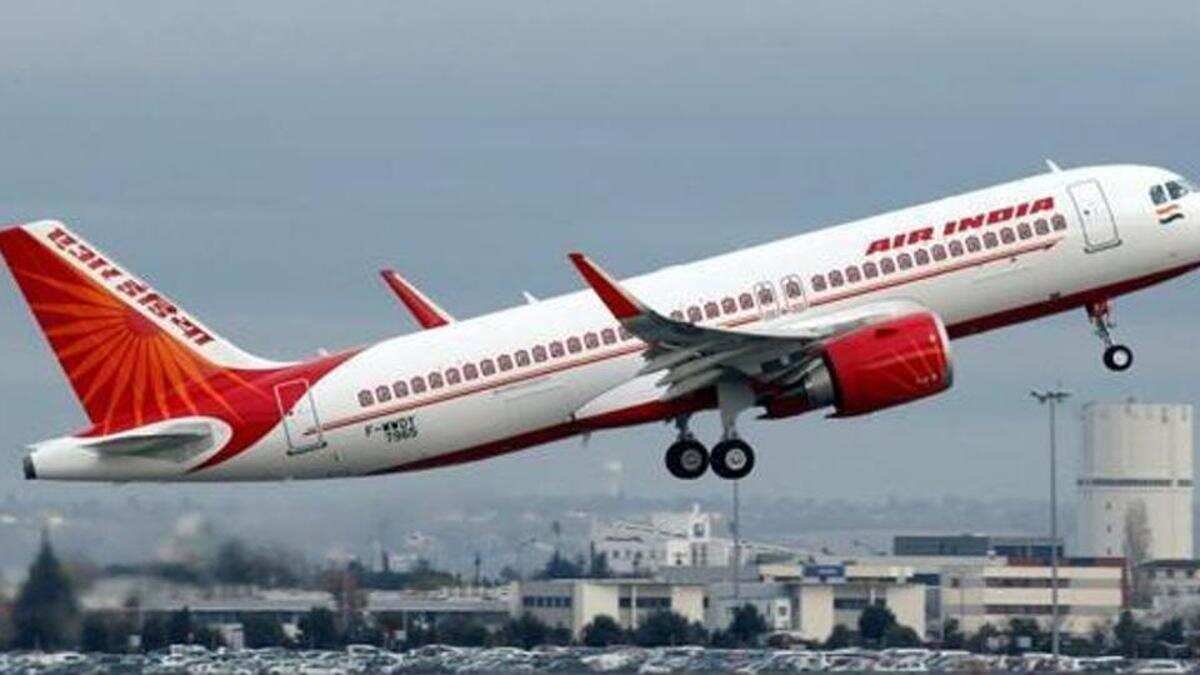The Bombay High Court today declined to interfere further on the issue of whether middle seats on flights should be kept vacant to guard against the spread of COVID-19, depending upon findings that expert committees had fairly concluded that such a measure is not effective (Deven Yogesh Kanani v. DGCA and ors).
The Court opined,
“We have received no assistance from the Petitioner in determining how the safety/health of the passengers qua the Covid-19 virus is affected if the airlines fail to keep the middle seat vacant, which is his primary thrust in the Writ Petition.”
Rather, the Court was prima facie satisfied that the guidelines presently applicable for flights / air travel (both international and domestic) are adequate for the safety and health of passenger aboard, even if the middle seats on the flight are not kept vacant on account of passenger load and safety capacity.
The order was passed by the Bench of SJ Kathawalla and SP Tavade after referring to the minutes of a meeting convened by the Air Transport Facilitation Committee on May 4 in case of flights , as well as the report of the High-Level Committee of the experts dated May 26 and 28, 2020, clarifed by the Minutes dated June 4.

Also Read Middle Seat: Mere touch of infected person will not transmit COVID-19 unless nose/ mouth is touched after, Expert Committee tells Bombay HC
It was noted that the experts had concluded in the matter of flights travelling-
- it was not possible to achieve physical distancing on fights despite keeping seats between passengers vacant, because passengers move during fights (e.g. to go to the lavatory, etc.).
- Instead other safety measures can be adopted such as “wearing masks, face shield and gloves”, “availability of high-quality filters for recirculation of air” frequent cleaning, disinfection of aircraft etc.
The Court was also informed that separate guidelines for flights were issued for the operation of international and domestic flights amidst the pandemic as far as the protocol inside the aircraft were concerned, i.e.
- Guidelines/ Circulars/ Government Orders dated May 5, May 6, May 24, and May 31 were issued by the Ministry of Home Affairs (MHA), Ministry of Civil Aviation (MoCA), Ministry of Health (MoHFW) and the Directorate General of Civil Aviation (DGCA) to be strictly followed for ‘Vande Bharat Mlsslon’ fights i.e. non-scheduled international flights.
- For domestic flights, the Guidelines / Circulars/ Orders dated May 21, May 24 and May 31 were issued by the MoCA, MoHFW and DGCA.
The Court was also informed that these Guidelines/Circulars/Government Order were notified only after detailed consultations with medical experts for flights and that the same do not mandate keeping the seats vacant.
Instead, these focussed on other stringent rules such asthe use of three-layered masks, face shield, wrap gowns for passengers using middle seats, use of sanitizers at regular intervals, among several other measures.
The petitioner, a pilot working with Air India Limited of flights , however, had pressed for action against Air India for having carried international passengers on Vande Bharat Missions without adhering to the middle-seat vacant rule, on the basis of March 23 circular.
When the matter had come up before the Court last month, the Bench of Justices RD Dhanuka and Abhay Ahuja had opined that Air India appeared to have prima facie violated this circular.
However, the Court has now accepted the submission by Government authorities that the March 23 circular was an immediate response in the wake of the outbreak of COVID-19 and was only applicable to domestic flights at that time.
This was so particularly stated that International Commercial Operations had already been banned from March 22 onwards by way of a March 19 circular for flights.
“This is also clear from the fact that the said Circular is directed only to “all scheduled domestic airlines operating in India”, the Court added, while pointing out that the Government had later halted the operations of all scheduled domestic fights and non-scheduled flights (save for few exceptions) with effect from March 24.
The court noted,
“Since the said Order essentially came into efect from 24th March, 2020, the Circular issued by the Respondent dated 23rd March, 2020 hardly ever came into operation.“
The Court also rejected the petitioner’s contention that Air India and Air India Express had violated the March 23 order and endangered the lives of passengers.
While the petitioner had relied on various guidelines and rules to reinforce his contention that the middle seat on flights shoud be kept vacant for the purpose of social distancing, the Court found that the all advisories cited were either outdated or not applicable to air travel.
The Bench pointed out that,
“The Petitioner has failed to appreciate that even if the middle seat is kept vacant, the person/s at the window seat whilst getting out for going to the lavatory and thereafter returning back to his seat, is likely to touch (through his clothes) the persons/s sitting on the aisle seat/s.”
This aspect was also noted by the Government-constituted expert committee while deciding on the guidelines to be followed.
The Bench went on to note that if the petitioner’s stance were accepted,
“in every row of the aircraft only one passenger should be accommodated.”
“We cannot allow an individual to instill such fear in the minds of the members of the public, without any scientifc basis. We would rather follow the advise of experts if their opinion is found to be fair and reasonable and not tainted with any arbitrariness/ulterior motive/s.”
The Court also noted the submissions made by Solicitor General Tushar Mehta for the Centre and the DGCA that it has not been proven till date that any passenger, who is tested positive for COVID-19, has been infected onboard.
The Court also opined that the petitioner’s comparison of COVID-19 infection rates between thepeople coming in from abroad and the general population of the country was unfair.
It said,
“As pointed out by the Learned Solicitor General, 0.57% of people infected in air travel (out of 58,000 air travellers) who travelled by 423 fights, would tantamount to being around half a passenger per fight. The Pan India population is about 130 Crores, out of which, 2,11,770 persons were found Covid-19 positive. The infection spread in Pan India is therefore 0.16%. It would therefore be unfair to compare the percentage of the people who have travelled by air and are infected with Pan India Covid infection rate.”
The Court ultimately emphasised that the all guidelines and SOPs now applicable should be implemented by all flight operators in the country amidst the epidemic.
In the course of the judgment, the Bench expressed its disapproval over the manner as to how petitioner had conducted himself in pursuing the case in certain respects.
Taking critical note that the petitioner had not amended his plea to reflect circulars and guidelines passed by the State after the March 23 circular on which he had based his case, the court observed,
“In response, the Advocate for the Petitioner stated that he is not supposed to carry out amendments repeatedly impugning the orders/circulars/SOP’s issued by DGCA as he has already sought a declaration that any Circular, dated 22nd May, 2020 or later, issued by Respondent No. 1, to the extent that it supersedes the condition of allocating seats during check-in, in such a manner so as to keep seat(s) vacant between passengers, be read with the Circular, dated 23rd March, 2020. The said submission of the Advocate for the Petitioner (who at the outset had informed the Court that the above Writ Petition is not a Public Interest Litigation) to put it mildly, is ‘preposterous’.”
The Court also took note of petitioner’s submission that Air India had obtained a favourable interim order from the Supreme Court, while suppressing a May 19 letter from the Air India Cabin Crew Association (AICCA) regarding passengers and crew members being infected by COVID-19.
However, the submission prompted the AICCA itself clarified that its letter had nothing to do with keeping the middle seats on flights vacant. Rather, the letter sought for hospital beds for the members of the crew who tested positive and COVID-19 insurance protection for them.
The Court recorded that the AICCA was “deeply concerned that their Letter dated 19th May, 2020 was being used by some persons illegally and the 1300 members, whom they are representing, are in no way supporting the Petitioner, since they are satisfied with the Order of DGCA dated 31st May, 2020.“
While disposing of the petition today, the Court said that at this stage it did not propose to pass any orders on payment of costs adding, “Costs shall be ordered at the hearing of the Petition.“
Here is the list of lawyers, who appeared in this matter

Read the judgement here :

